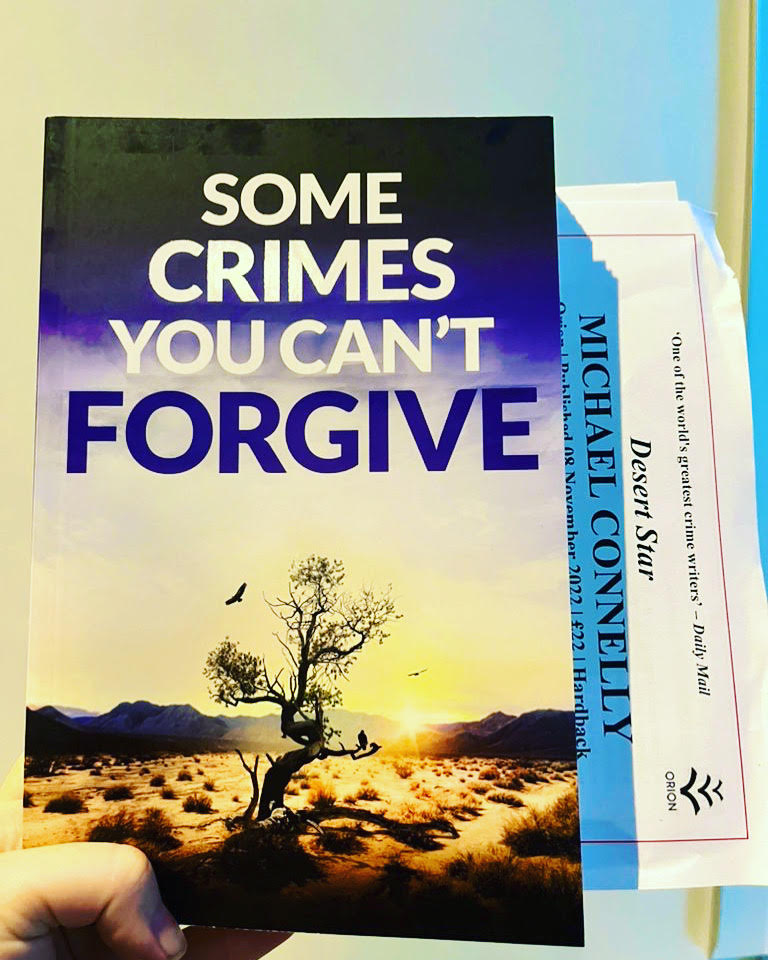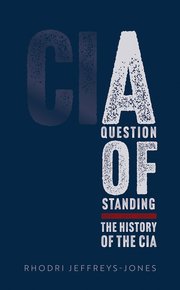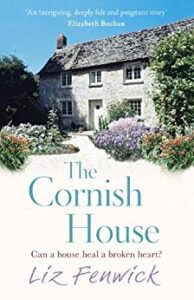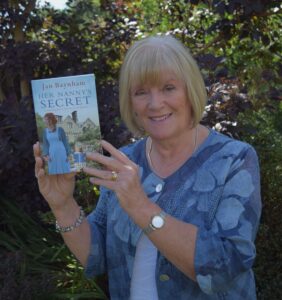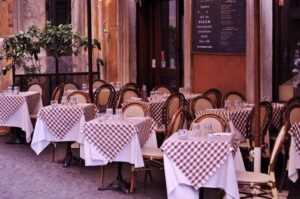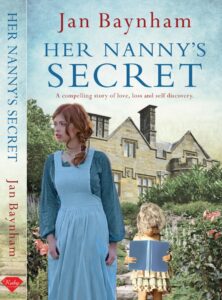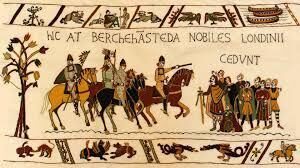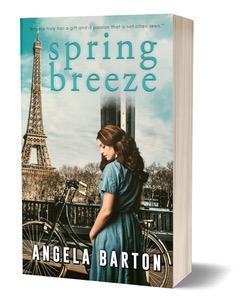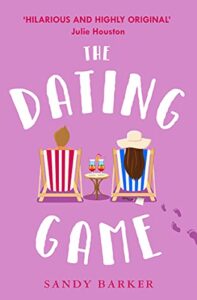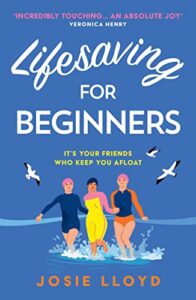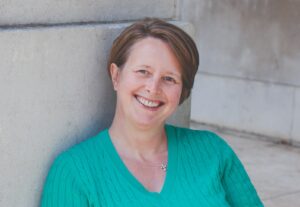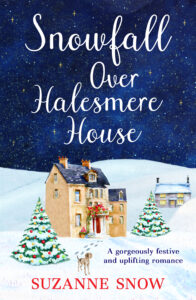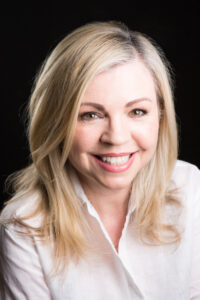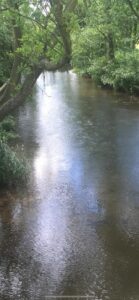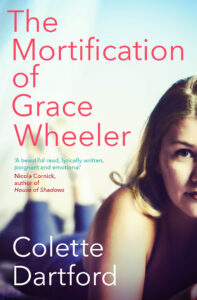The Dead Romantics by Ashley Poston
This is one of my favourite romance novels EVER now. It’s funny and sad, heartbreaking and heartwarming. A definite five-star read.
Florence Day is a ghost-writer with one big problem. She’s supposed to be penning swoon-worthy novels for a famous romance author but, after a bad break-up, Florence no longer believes in love. And when her strict (but undeniably hot) new editor, Benji Andor, won’t give her an extension on her book deadline, Florence prepares to kiss her career goodbye.
Although when tragedy strikes and Florence has to head home, the last thing she expects to see is a ghost at her front door. Not just any ghost, however, but the stern form of her still very hot – yet now unquestionably dead – new editor.
As sparks start to fly between them, Florence tells herself she can’t be falling for a ghost – even an infuriatingly sexy one. But can Benji help Florence to realise love isn’t dead, after all?
If you fell in love with Beach Read, The Love Hypothesis and The Hating Game, this laugh-out-loud romance packed with sizzling chemistry will give you all the feels!
The Serial Killer’s Daughter by Alice Hunter
A sequel to one of my favourite books of 2021, The Serial Killer’s Wife. This is just as good, twisty, compelling and full of depth. It’s impossible to put down.
Is murder in the blood?
In a sleepy Devon village, a woman is taken from the streets. Local vet Jenny is horrified. This kind of thing doesn’t happen here.
But it’s not the first time she’s been so close to a crime scene. The daughter of a prolific serial killer, she’s spent her whole life running from who she really is.
And the crime is harrowingly similar to those her father committed all those years ago…
But she’s not her father’s daughter.
Is she?
All That’s Left Unsaid by Tracey Lien
A beautifully written and evocative debut. It’s original and shows that Tracey Lien is truly one to watch.
They claim they saw nothing. She knows they’re lying.
1996 – Cabramatta, Sydney
‘Just let him go.’
Those are words Ky Tran will forever regret. The words she spoke when her parents called to ask if they should let her younger brother Denny out to celebrate his high school graduation with friends. That night, Denny – optimistic, guileless Denny – is brutally murdered inside a busy restaurant in the Sydney suburb of Cabramatta, a refugee enclave facing violent crime, and an indifferent police force.
Returning home for the funeral, Ky learns that the police are stumped by her brother’s case. Even though several people were present at Denny’s murder, each bystander claims to have seen nothing, and they are all staying silent.
Determined to uncover the truth, Ky tracks down and questions the witnesses herself. But what she learns goes beyond what happened that fateful night. The silence has always been there, threaded through the generations, and Ky begins to expose the complex traumas weighing on those present the night Denny died. As she peels back the layers of the place that shaped her, she must confront more than the reasons her brother is dead. And once those truths have finally been spoken, how can any of them move on?
The Marriage Portrait by Maggie O’Farrell
Written with fierce brilliance, this is a story you won’t forget.
The Marriage Portrait is a dazzling evocation of the Italian Renaissance in all its beauty and brutality.
Winter, 1561. Lucrezia, Duchess of Ferrara, is taken on an unexpected visit to a country villa by her husband, Alfonso. As they sit down to dinner it occurs to Lucrezia that Alfonso has a sinister purpose in bringing her here. He intends to kill her.
Lucrezia is sixteen years old, and has led a sheltered life locked away inside Florence’s grandest palazzo. Here, in this remote villa, she is entirely at the mercy of her increasingly erratic husband.
What is Lucrezia to do with this sudden knowledge? What chance does she have against Alfonso, ruler of a province, and a trained soldier? How can she ensure her survival.
The Marriage Portrait is an unforgettable reimagining of the life of a young woman whose proximity to power places her in mortal danger.
Before I Do by Sophie Cousens
Another outstanding novel from Sophie Cousens, who is turning into the romance writer of our generation. She can’t put a foot wrong and this is another stunner. A must read.
What would you do if the one that got away turned up the night before your wedding?
Audrey is marrying Josh; steady, dependable Josh, the love of her life. They share a flat and a bank account, and it’s the only relationship that Audrey’s ever had that feels like something she can put her trust in. But romance should be full of fireworks, and as the big day approaches, Audrey’s found herself wondering if Josh really is ‘the one’.
So, when Josh’s sister Miranda arrives at their rehearsal dinner with Fred – Audrey’s ‘What If?’ guy, the man she met six years ago and had one amazing day with but never saw again – Audrey can’t help but see it as a sign.
Surely Fred’s appearance the night before Audrey is due to get married can’t be a coincidence. And when everything that could go wrong with the wedding starts to go wrong, Audrey has to wonder: could fate be trying to stop her from making a huge mistake?
The Winter Garden by Alexandra Bell
Beautiful and full of wonder.
Welcome to the Winter Garden. Open only at 13 o’clock.
You are invited to enter an unusual competition.
I am looking for the most magical, spectacular, remarkable pleasure garden this world has to offer.
On the night her mother dies, 8-year-old Beatrice receives an invitation to the mysterious Winter Garden. A place of wonder and magic, filled with all manner of strange and spectacular flora and fauna, the garden is her solace every night for seven days. But when the garden disappears, and no one believes her story, Beatrice is left to wonder if it were truly real.
Eighteen years later, on the eve of her wedding to a man her late father approved of but she does not love, Beatrice makes the decision to throw off the expectations of Victorian English society and search for the garden. But when both she and her closest friend, Rosa, receive invitations to compete to create spectacular pleasure gardens – with the prize being one wish from the last of the Winter Garden’s magic – she realises she may be closer to finding it than she ever imagined.
Now all she has to do is win.
Coming in November…
Desert Star by Michael Connelly
Everyone knows I am a huge fan of Michael Connelly. I have never been disappointed in one of his books and I love his Bosch series. And…this one is my favourite Bosch book ever. He just keeps getting better and better. The prose, the story, the brilliant characters. Can Michael just give me an ounce of his talent please? He has plenty to spare. Utter perfection. Preorder now.
SOME CRIMES YOU CAN’T FORGET.
Detective Renée Ballard is given the chance of a lifetime: revive the LAPD’s cold case unit and find justice for the families of the forgotten.
The only catch is they must first crack the unsolved murder of the sister of the city councilman who is sponsoring the department – or lose everything…
OTHERS YOU CAN’T FORGIVE.
Harry Bosch is top of the list of investigators Ballard wants to recruit. The former homicide detective is a living legend – but for how long?
Because Bosch has his own agenda: a crime that has haunted him for years – the murder of a whole family, buried out in the desert – which he vowed to close.
WHAT WOULD YOU DO IF YOU KNEW WHO DID IT?
With the killer still out there and evidence elusive – Bosch is on a collision course with a choice he hoped never to make…
What are you reading?







